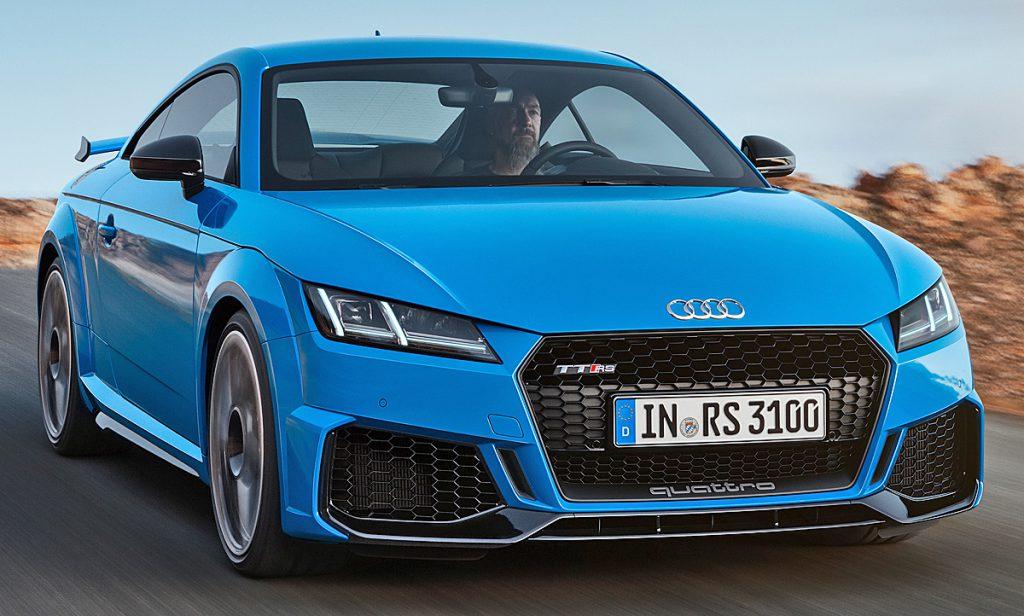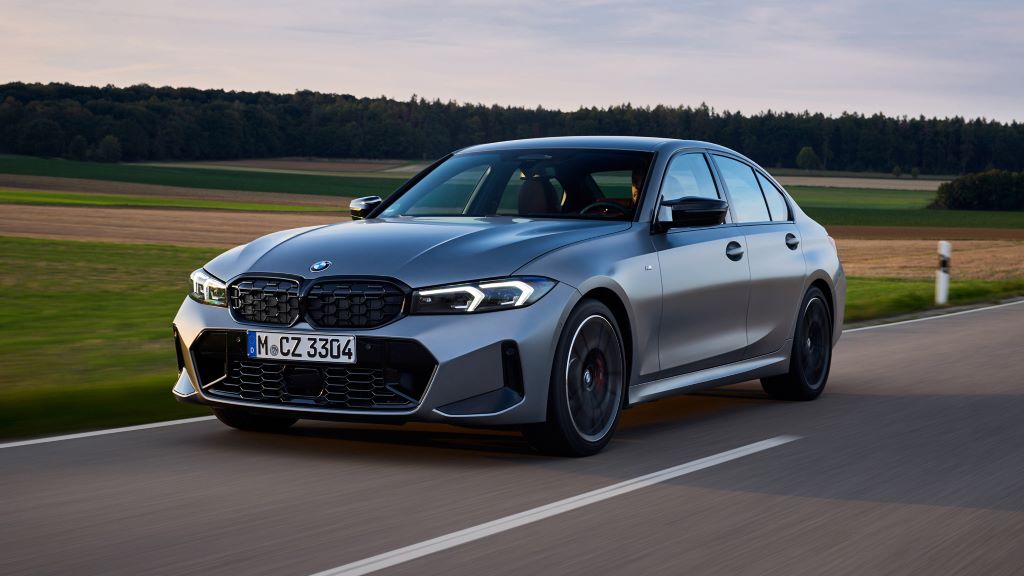Among BMW, Audi, and Toyota, which one do you think is the most popular brand? It’s Toyota, with no doubt. Due to the cheaper price and reliable performance, these cars are hugely popular in the mass market.
Does cheaper mean better things? Not always. Otherwise, people wouldn’t buy luxury cars where there are less expensive options available.
Contents
The Reasons Behind Preferring BMW and Audi over Toyota
Both BMW and Audi manufacture and distribute luxury vehicles. These cars are way more expensive than the Toyota vehicles. You might be asking why do people still buy them when Toyota offers cheaper and more reliable options?
The truth is, a cheap price does not guarantee quality. Besides, the reliability of an automobile depends on plenty of factors.
When a model first gets launched, it could have all sorts of design and mechanical defects. A reliable version is likely to come out only after a few productions.
So, Toyota models cannot pledge absolute reliability and safety. Other valid reasons behinds such a preference are:
Status Symbol

BMW and Audi are luxury brands, so they have become a status symbol for many people. A luxury car definitely approves of high status and wealth.
Also, these cars are quieter, have more power, and are equipped with the latest technologies.
Cheaper Prices of Used Cars
The steep depreciation of German cars allows many people to buy expensive BMW and Audi cars at a lower price. No one sells a Toyota just three years after the purchase.
But it’s not unusual for the owner of an expensive car to sell it after a couple of years because they may want the latest model to maintain their social status.
So, you can get these expensive cars that are only a few years old for less.
SEE MORE
- Which Cars Have the Highest Resale Value? Here are the Top 10 Models
- Make a Choice Between BMW 2 Series and 3 Series
Better Build and Safety
Expensive cars’ building quality is better than a budget-friendly Toyota model. It happens because luxury vehicles are built with individual driver experience in focus.
But Toyota vehicles are built as commuter cars. For this reason, a BMW or Audi car won’t rust as easily as a Toyota.
Luxury cars are equipped with better safety features, offering the best protection when there is an accident. Toyota also has excellent safety features in many of their high-trim cars, but they are not the most reliable when it comes to handling, control, and traction.
Better Driving Experience
Audi and BMW cars are better than those of Toyota regarding driving dynamics. These are quiet and fun to drive.
Handling and braking work like a dream and are never scary even if you drive at 250 km/h.
On the other hand, you can’t even go past 200 km/h in most Toyota cars, let alone driving smoothly at that speed.
If you have driven a Toyota and any of these expensive cars, you will understand the distinctions better. The differences become more prominent when you steer into a turn or drive at high speeds.
Audi and BMW vehicles cost more, and they are expensive to maintain and repair. Besides, their resale value is nowhere near Toyota cars. However, they are still one step ahead in many areas than the budget-friendly Toyota.

FAQs
-
Is the maintenance cost higher for BMW and Audi compared to Toyota?
The maintenance and repair costs for BMW and Audi can be higher than for Toyota. German luxury cars often require specialized parts and service, which can be more expensive. Toyota is known for its reliability and lower maintenance costs.
-
Do BMW and Audi have more advanced technology features than Toyota?
BMW and Audi are known for their advanced technology features, including cutting-edge infotainment systems, driver assistance technology, and connectivity options.
While Toyota also offers these features, some buyers perceive BMW and Audi as having a more innovative approach.
-
Do BMW and Audi have a better resale value than Toyota?
Generally, BMW and Audi tend to have lower resale values compared to Toyota. Toyota has a strong reputation for holding its value over time, primarily due to its reliability and widespread popularity.
-
Are BMW and Audi more fuel-efficient than Toyota?
BMW and Audi offer a range of fuel-efficient models, but Toyota is well-known for its hybrid technology, which can lead to superior fuel economy in many cases.
The fuel efficiency of any specific model depends on various factors, including engine type and size.
-
Is safety a factor in choosing BMW and Audi over Toyota?
Both Toyota and BMW/Audi prioritize safety, and their vehicles often come equipped with advanced safety features.
However, Toyota has a reputation for producing reliable and safe vehicles, which can be a significant factor for safety-conscious buyers.
-
Do BMW and Audi offer a more prestigious brand image than Toyota?
BMW and Audi are often associated with a higher level of prestige and luxury compared to Toyota. For some buyers, the brand image and status associated with owning a BMW or Audi are important factors in their choice.
-
Do BMW and Audi offer more customization options compared to Toyota?
BMW and Audi often provide a wide range of customization options for their vehicles, allowing buyers to personalize their cars to a greater extent. Toyota typically offers fewer customization choices for their mainstream models.
-
Are BMW and Audi considered status symbols compared to Toyota?
In many cultures, owning a BMW or Audi is associated with a certain level of prestige and status, more so than owning a Toyota. The brand image of BMW and Audi as luxury and performance-oriented automakers can contribute to this perception.
Conclusion
Ultimately, the preference for BMW and Audi over Toyota is a matter of individual priorities and lifestyle.
Some individuals prioritize the prestige and driving experience offered by luxury brands like BMW and Audi, while others value the practicality, affordability, and reliability of Toyota.
The choice between these brands ultimately depends on an individual’s specific needs, preferences, and budget!



